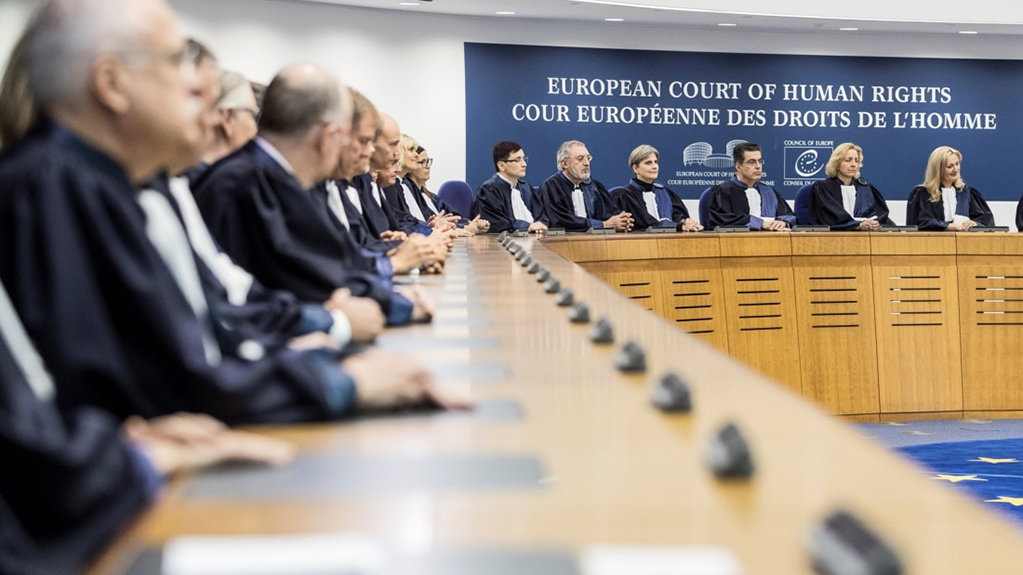The European Court of Human Rights has once again ruled that Russia's "foreign agents" law violates freedom of expression, assembly, and the right to private and family life. The judgment in the Case of Kobaliya and others v. Russia, which consolidated complaints from several dozen individuals and organizations, was published by the court today.
News
Trending stories
- 1 Former Prime Minister Garibashvili Sentenced to Five Years in Prison After Plea Deal
- 2 Otar Partskhaladze Charged with Organizing Murder of Businessman Levan Jangveladze
- 3 Shalva Papuashvili Says Georgian Dream Filed Complaint with BBC
- 4 Georgian Dream Party Further Tightens Grants Law, Introducing Up to 6 Years in Prison
The Russian authorities have been ordered to compensate the victims for both material and non-material damages, as well as legal expenses. The court awarded the largest sum - 955 440 euros - to Radio Liberty's Russian service and its director, Andrey Shary. The media organization was declared bankrupt after being fined over 1 billion rubles in 2021-2022 for non-compliance with the "foreign agents" law.
Those entitled to compensation, according to the court's decision, include blogger Yury Dud, political scientist Ekaterina Shulman, politician Lyubov Sobol, employees of the Important Stories and Mediazona projects, the TV Rain channel, Bellingcat and The Insider publications, Yevgenia Albats and her publication The New Times, International Memorial and its chairman Jan Raczynski, the Human Rights Center Memorial and its chairman Alexander Cherkasov, the Public Verdict Foundation, and Temur Kobaliya, director of the Youth Center for Counseling and Training, among others.
The court found that "the designation of the applicant organisations as “foreign agents” was not only unjustified and prejudicial to their activities but was also likely to have a significant deterrent and stigmatising effect. This label suggested that they were under foreign control, ignoring the fact that these organisations saw themselves as integral parts of the national civil society, committed to promoting human rights, the rule of law and human development for the benefit of Russian society and its democratic system."
In the Ecodefence case, the court found that the term "foreign agent" under Russian law reflects an extremely broad and unprecedented interpretation of the concept. "This interpretation established a legal presumption that any receipt of foreign funding amounted to foreign control," the court stated.
The decision also highlighted that the official term "performing the functions of a foreign agent" was shortened to simply "foreign agent," further strengthening its negative connotations.
The European Court noted that the new restrictions imposed on "foreign agents," which led to their exclusion from various aspects of public life and civic activities - such as holding public office, participating in election commissions, supporting political campaigns, educating minors, and producing content for children - reinforced the perception that organizations and individuals labeled as "foreign agents" pose a threat to society and should be regarded with suspicion and removed from sensitive areas.
This is the second decision by the European Court of Human Rights on complaints from those labeled "foreign agents" by the Russian authorities. However, it is the first case involving private individuals. In June 2022, in Ecodefence and Others v. Russia, where the plaintiffs were 73 Russian NGOs, the court found that Russia's "foreign agents" law violates human rights. At that time, Russian authorities were ordered to pay 1.14 million euros in compensation.
In March 2022, shortly after the invasion of Ukraine, Russia was expelled from the Council of Europe. Since then, it has refused to comply with the decisions of the European Court of Human Rights.















